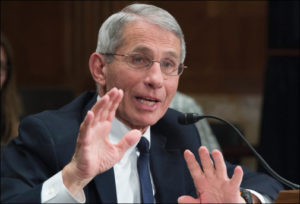 Volume 384, Issue 9953, 25 October 2014
Volume 384, Issue 9953, 25 October 2014
WORLD REPORT A congressional inquiry into the handling of Ebola in the USA has sparked new guidance to protect health-care workers. Susan Jaffe, The Lancet’s Washington correspondent, reports.
As US President Barack Obama ramped up the country’s response to the Ebola crisis domestically and abroad (panel), his top health officials attempted, during a tense congressional hearing last week, to address potential solutions to the epidemic ravaging west Africa, which has now reached the USA, confronting emergency medical providers at a well regarded hospital in Dallas, Texas.
But the Republican-controlled House of Representatives’ Committee on Energy and Commerce, which undertook the inquiry, did not seem particularly interested in discussing additional long-term investments in medical research—there is currently no cure for the disease—or the need to shore up, if not create, health-care infrastructure in the west African countries where more than 4500 people have died of the disease.
“To protect the USA, we have to stop it at the source”, said Tom Frieden, director of the US Centers for Disease Control and Prevention (CDC), at the hearing. “There is a lot of fear of Ebola, and…one of the things I fear about Ebola is that it could spread more widely in Africa. If this were to happen, it could become a threat to our health system and the health care we give for a long time to come.” [MORE full text or PDF ] …
 Volume 393, Number 10172
Volume 393, Number 10172 